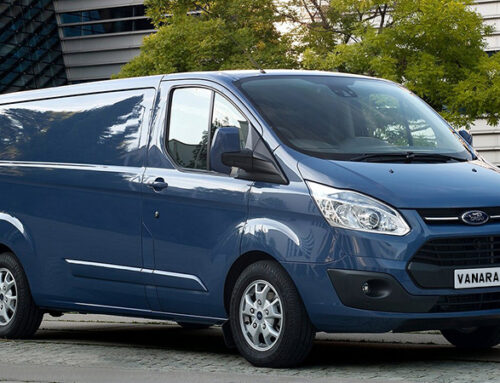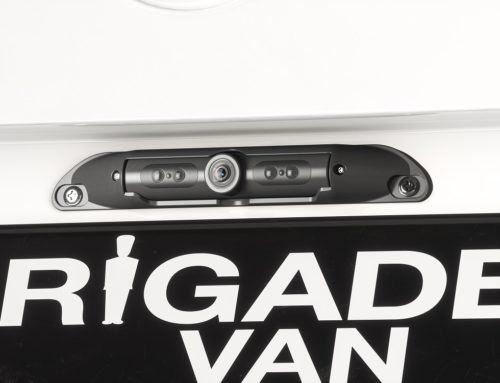Advice: PETER McSEAN
CASH flow problems can break a small business.
But your vans could provide a much-needed cash injection – so long as you own them, or finance them using hire purchase (HP) or finance lease.
How?
It’s called sale and leaseback and we’ll explain how it works. It’s worth considering because, in these challenging times, access to cash is limited and expensive. Tried getting a bank loan lately? Exactly.
On top of that, small businesses are being hit hard by late payers.
Research published by Bacs Payment Schemes on 28 September 2012 reports that average late payment debt for a small or medium-sized enterprise (SME) is now £36,000.
Bacs – the company behind Direct Debit and Bacs Direct Credit – also reports that more than one-third of SMEs said late payment debts of just £20,000 would be enough to put them out of business. Cash flow is being stretched to its limits.
-
Cash flow is being stretched to its limits. A sale and leaseback can provide a much-needed cash injection
But sale and leaseback can help.
Essentially, it lets you turn your vans into cash yet keep using them as you normally do. How? You sell your van, or vans, to a leasing or fleet management company and they lease them straight back to you on a contract hire deal.
How a sale and leaseback works
- You sell your vans to a leasing company
- The money is transferred to your business
- The leasing company then leases your vans back to you
The vans remain in your hands at all times – it’s an on-paper transaction – so there’s no disruption to your operations. You get an agreed price for the vans, often based on the market value or write-down value, and you pay a set monthly rental to keep using them for an agreed period, with a mileage limit. You can pay for the lease company to handle all the maintenance, too, if you want.
A big advantage is the cash sum, which you can use to expand your business or improve cash flow. But there are other benefits. It can be cheaper than a bank loan. It lets you remove fixed assets (vans) from your balance sheet. It gives you a fixed monthly payment for simple budgeting.
-
Sale and leaseback can be cheaper than a bank loan, and it lets you take your vans off the balance sheet
You don’t have the hassle of disposing of the vans when it’s time for them to leave your fleet. You also remove the risk of falling secondhand values. The leasing company handles disposal – subject to fair wear and tear conditions – and they take the hit if used van prices plummet.
Little wonder that sale and leaseback deals have been on the up since the financial crisis first bit in 2008.
But sale and leaseback is not suitable for every business – and you should never use it as a do-or-die attempt to prop up a failing business.
To qualify for a sale and leaseback deal, you must already own the van or be buying it on finance. If the van is too old, you won’t be able to do a sale and leaseback – nearing its fifth birthday is a common cut-off point.
And, as ever, deal only with members of the BVRLA, shop around and balance cash offers against rental payments, deal terms and service provision.
Finally, consider getting an expert fleet management specialist to handle all aspects of the deal for you. A good specialist will save you time and money.
Which companies should I deal with for a sale and leaseback?
You should maks sure they are members of the BVRLA – the British Vehicle Rental and Leasing Association. You can download a list of members from their website.
Read more about the BVRLA on our sister BCM site: BVRLA publishes member directory https://www.businessmotoring.co.uk/bvrla-publishes-new-member-directory/
Be warned!
- Leasing companies know what to look for to make sure a business is suitable for a sale and leaseback. There’s a difference between a good business requiring a cash injection and a business that’s going south that needs cash to temporarily extend its life.
- Make sure you understand the implications of using contract hire – there will be return conditions at the end of the lease period. You need to fully understand what these are – discuss it with the leasing company. You don’t need expensive refurbishment costs at the end of a lease period.







Leave A Comment